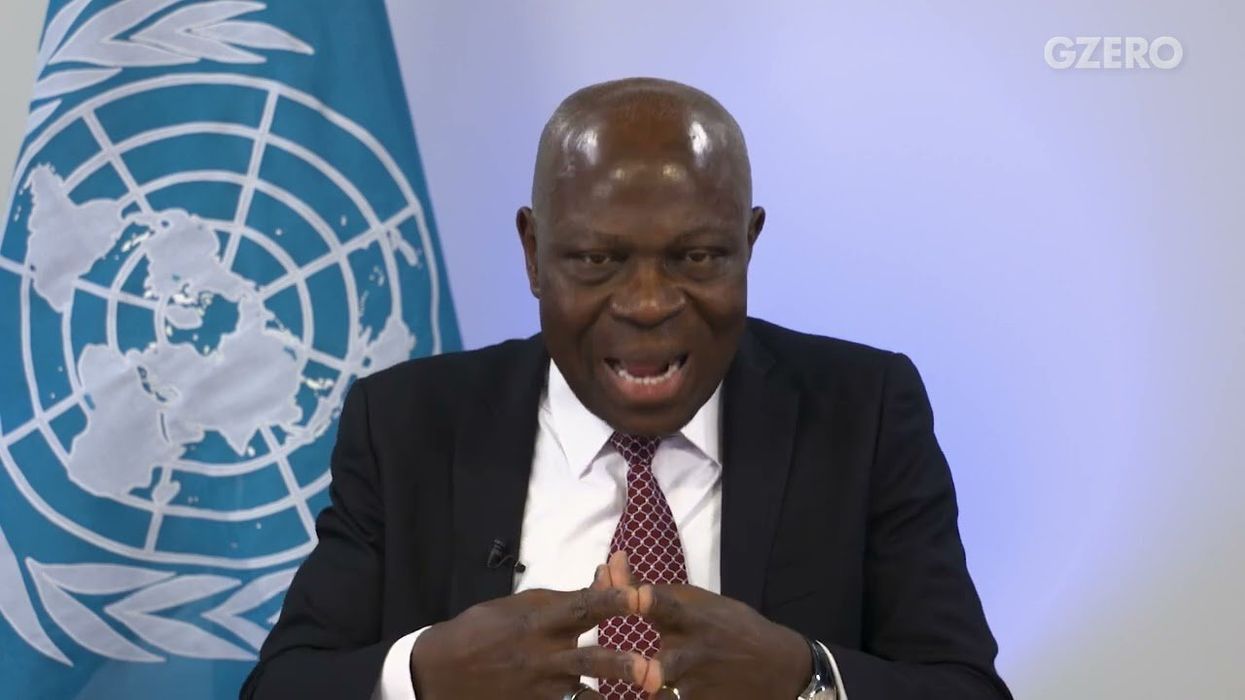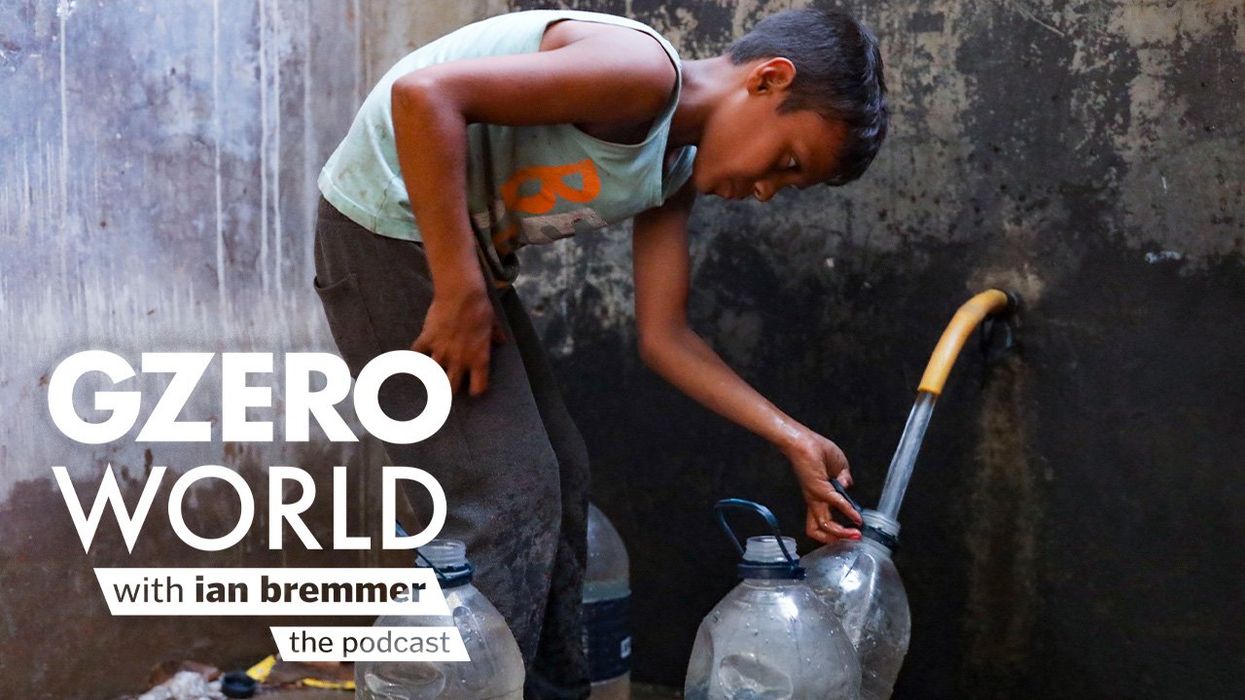GZERO World Clips
The challenge of measuring the global water crisis
How do you measure the global water crisis? When it comes to climate change, many people are familiar with the 1.5°C metric from the Paris Climate Accords, but is there an equivalent for water? In a discussion with Ian Bremmer on GZERO World, UN-Water Chair Gilbert Houngbo delves into the complexity of measuring the global water challenge and evaluating solutions for the future.
Mar 28, 2023


